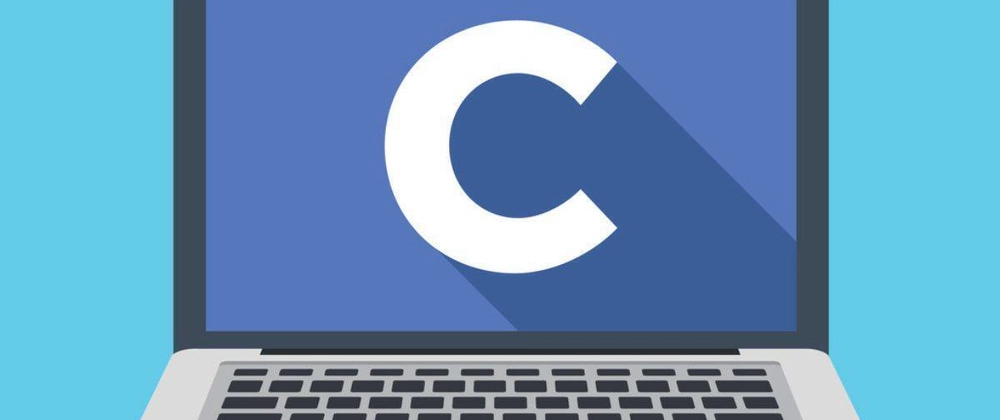If you're diving into C programming, you've probably heard of pointers. They are one of the most powerful and, at times, confusing aspects of the language. This guide will help you understand pointers from the ground up!
What Are Pointers? 🧐
A pointer is a variable that stores the memory address of another variable. Instead of holding a direct value, it holds the location where the value is stored.
Declaring a Pointer
int a = 10;
int *p = &a; // 'p' stores the address of 'a'
Here:
a is an integer variable.
p is a pointer to an integer (int *p).
&a gives the memory address of a.
Dereferencing a Pointer
To access the value stored at a memory location, we use the dereference operator (*):
printf("Value of a: %d\n", *p); // Prints 10
Why Use Pointers? 🤔
Pointers allow:
✅ Dynamic memory allocation (e.g., malloc, calloc)
✅ Efficient array and string handling
✅ Passing large data structures efficiently
✅ Direct memory manipulation (low-level programming)
Pointer Arithmetic 🧮
Pointers can be incremented and decremented. Example:
int arr[] = {1, 2, 3, 4};
int *ptr = arr;
printf("First element: %d\n", *ptr); // 1
ptr++;
printf("Second element: %d\n", *ptr); // 2
Each time we increment ptr, it moves to the next memory address based on the size of the data type.
Pointers and Arrays 🔗
An array name acts like a pointer to its first element
int arr[3] = {10, 20, 30};
int *ptr = arr; // Same as int *ptr = &arr[0];
printf("First element: %d\n", *ptr);
Dynamic Memory Allocation 🏗️
Using malloc() to allocate memory at runtime:
int *p = (int*)malloc(sizeof(int));
*p = 42;
printf("Dynamically allocated value: %d\n", *p);
free(p); // Always free memory!
Common Pointer Mistakes 🚨
❌ Dereferencing an uninitialized pointer
int *p;
printf("%d", *p); // Undefined behavior!
✅ Always initialize pointers before using them.
❌ Memory leaks
int *p = (int*)malloc(10 * sizeof(int));
// No 'free(p)' → memory leak!
✅ Always free() dynamically allocated memory.
Final Thoughts 💡
Pointers are an essential concept in C that provide power and flexibility. Mastering them will make you a better C programmer! Keep practicing, and don’t hesitate to experiment with pointer-based code. 🚀
Got any questions or insights? Drop a comment below! Happy coding! 💻✨





Top comments (0)